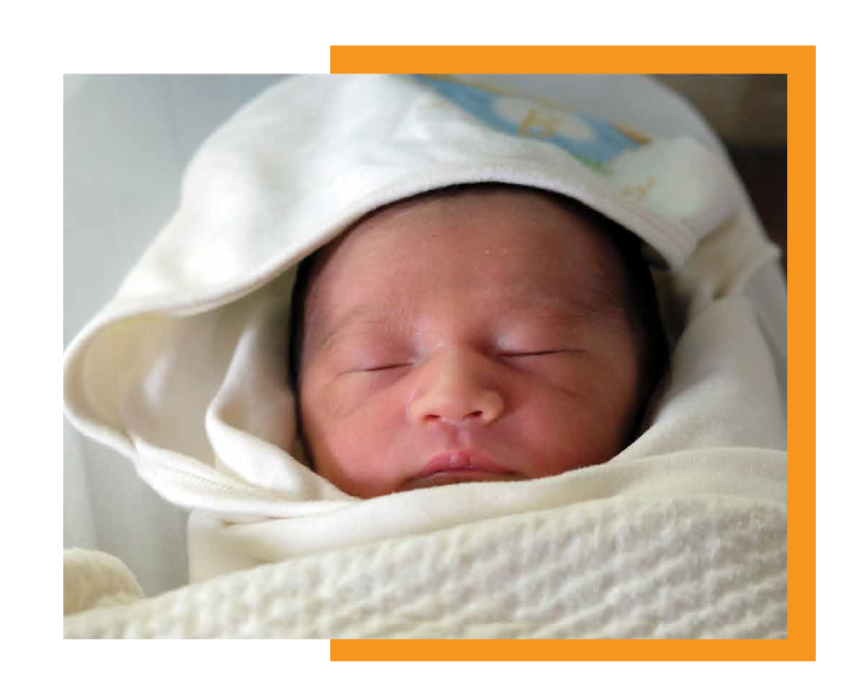
Unlocking the doors to a carefree childhood for Amrah.
Early diagnosis of her disability ensures proper speech and motor function development.
Ensuring early identification of disabilities in infants and children so that we can assist with their rehabilitation, building capacities of their family members and using cost-effective technologies to support their needs.
Children with disabilities have benefitted from our Early Intervention Program so far, with many more to go!
Our Approach
The Early Intervention Program caters to children up to 8 years old with developmental delays.
We use an integrated approach that empowers the mother to play the comforting role of therapist for the child. We also offer individualised family support plans (IFSP) in consultation with parents and caregivers.
We work with ASHA workers, anganwadis, doctors, nurses, parents, caregivers, and communities to build a more sustainable ecosystem for children with disabilities.

Our need-based rehabilitation services include:
Help a child with
disability take their
first steps
Provide a special chair for a child with disability
Grant a child with disability the gift of aided mobility
Provide nutrition or rehabilitation support to a child with disability
“My son’s condition improved remarkably because of APD’s interventions and I have also been able to enrol him into an Anganwadi. APD has changed our lives entirely and we are truly grateful for their support!”
-Joshua’s mother on our
Early Intervention Program